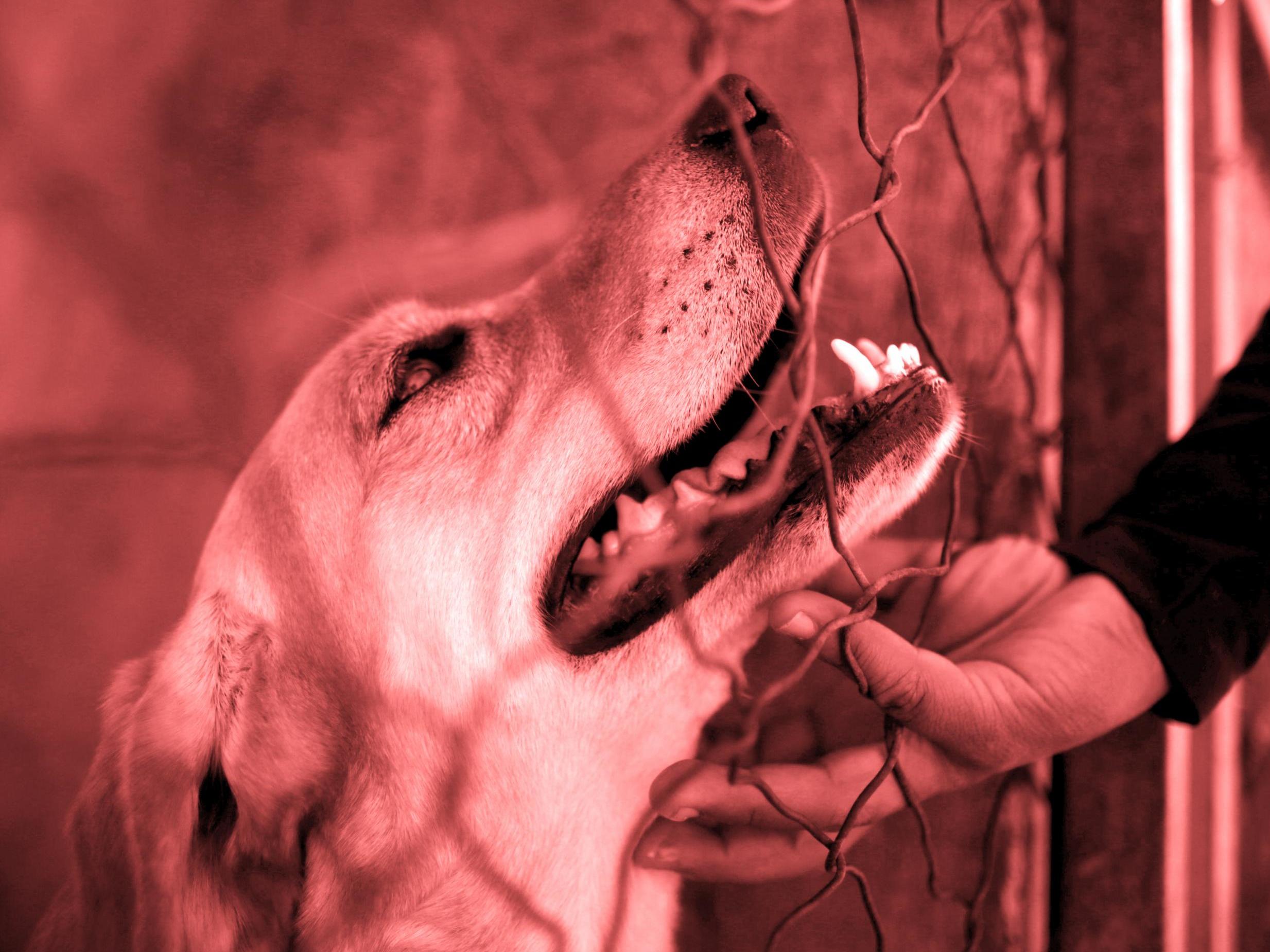Rabies: What is the viral infection, is it always fatal and what risk does it pose to British tourists?
- What is rabies?
- How can I protect myself?
- What should I do in the event of suffering a bite or scratch?

A British tourist has died of rabies in Morocco after being bitten by a cat.
While the disease has been effectively eradicated in the British Isles, it is commonly carried by animals in Asia, Africa and Latin America. Five UK citizens have died after contracting it abroad since the turn of the millennium, according to Public Health England (PHE).
But what precisely is rabies and how much danger does it pose to British holidaymakers?
What is rabies?
The disease is an acute viral infection typically contracted when bitten, scratched or licked by an animal harbouring it.
These might include cats, dogs, bats or more exotic mammals like racoons, jackals and mongooses. The only British animal to carry it is a species of wild bat known as Daubeton's bats, but the risk of human infection from these is miniscule.
Rabies afflicts the brain and nerves and is almost always fatal once symptoms appear, which can take place anywhere between three and 12 weeks.
It is often difficult to detect in its earliest stages, however, as its symptoms are non-specific and may differ from patient to patient.
Common early indicators of the disease are high temperatures and fevers, headaches and feelings of anxiety or weakness.
Later, you might suffer confusion, bouts of aggression, hallucinations or muscle spasms, produce excess saliva, struggle to breathe or swallow even experience paralysis and be unable to move.
How can I protect myself?
Tourists visiting countries where they disease is known to thrive should ensure they are vaccinated against it before travelling.
You can investigate the likelihood of encountering rabies and other maladies abroad on the Travel Health Pro website by searching your chosen destination.
While it cannot be spread between people or through unbroken skin, tourists visiting likely hotspots should avoid contact with unfamiliar animals, especially those that appear to be behaving erratically or foaming at the mouth and avoid touching any dead animals encountered.
What should I do in the event of suffering a bite or scratch?
If you think you are at risk of rabies after crossing paths with a suspect animal, the NHS's advice is to immediately clean any wounds with running water and soap for several minutes.
You should disinfect it with alcohol or iodine, dress the gash with a simple bandage and visit a local medical centre as a matter of urgency.
Support free-thinking journalism and attend Independent events Post-exposure treatment will involve a thorough cleaning of the wound and a course of the rabies vaccine - four doses in a month if you have never previously been treated with it or two in a matter of days if you have.
Immunoglobin may be administered around the scratch to provide short-term protection.
Join our commenting forum
Join thought-provoking conversations, follow other Independent readers and see their replies
Comments